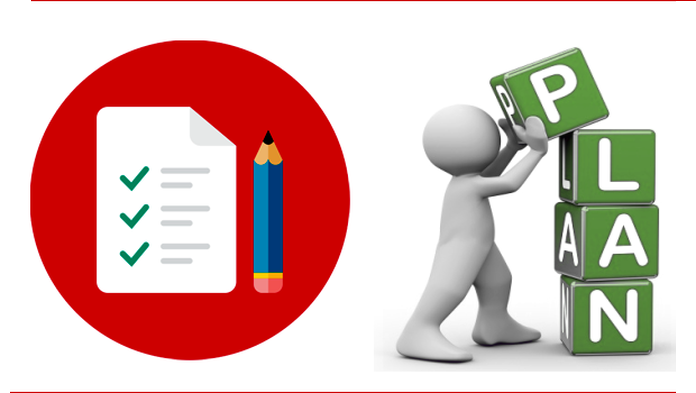Last updated on October 15th, 2022 at 07:19 pm
A Customer Relationship Management testing setup framework depends upon the desired sourcing framework. There are three types of models:
- In-house
- Partial
- Complete outsourcing
It is also dependent on the present stage of the software development lifecycle and particular system requirements.
Keeping this scenario in mind, we are presenting to you the process that CRM testing companies go through.
1. CRM Assessment Process Design
· A quality assurance manager must be assigned to authenticate that every CRM requirement is complete, measurable, and clear. This will assist in the development of CRM test cases.
· Reps of every CRM user group are required to participate in the needs specification forming to create the way for usability and functional testing.
· A set for Key Performance Index (KPIs) must be developed. It can incorporate; test automation rate, needs covered by test cases, rejected defects by the development team, and the number of cases developed and upgraded.
· The best schedule preparation for collaboration between development teams and CRM testing must be properly outlined.
2. Preparation of Customer Relationship Testing Procedure
It has two phases (in-house and outsourced testing).
- Preparing Yourself For Assessment of Customer Relationship Management
For in-house CRM testing, your quality assurance manager must:
- Develop a customer relationship test plan and plan the needed project efforts
- Collect a CRM assessment team
- Increase your quality assurance and software testing resources to maximize CRM assessment automation. This will allow you to manage the specification of the CRM provider.
- The following types of testing are recommended by CRM testing companies.
Functional Testing: Functional testing encompasses the basic scope of CRM testing. It assesses all the important functions that are there in the CRM solution and allows seamless workflow for every user role.
Integration Testing: The business value of CRM is dependent upon the data sharing capabilities with other business apps (a data warehouse, an email server, financial and ERP systems).
Performance Testing: It assesses the CRM behavior under peak load and continuous load. The measures the impact of different users performing under CRM simultaneously: the optimum number of users, response time and loading speed.
Security testing: CRM testing incorporates compliance testing, role-based access control authentication and vulnerability assessment to guarantee the security of customer information and compliance with applicable regulatory standards (GLBA, HIPAA, PCI DSS, GDPR etc.).
Usability testing: It authenticates the convenient and intuitive arrangement of various usage steps, content layout and CRM’s user interface elements. This is done in regard to the requirement of all CRM user groups and customary usability metrics and standards.
- Selecting Vendor For Outsourced CRM
One must take into account the following points:
Point: You must find vendors that have quality assurance certifications like CSTE or ISTQB. These vendors should provide services that follow LEC or ISO standards.
Point: Scan the portfolios of the vendors for assessing CRM projects with the same prerequisites.
Point: See if the vendor has sufficient resources to meet CRM app’s requirements
Point: Prepare a comprehensive request for information. This is abbreviated as RFI and dispensed between the nominated CRM testing vendors. Based on the replies for the vendors, three to five more candidates have been selected that suit your CRM assessment requirements.
Point: Discuss the CRM and SLA testing-related costs and sign a contract with the selected vendor. This will help you in making a decision regarding CRM testing Return on Investment (ROI).
3. Testing Launch of Customer Relationship Management (CRM)
This is the final stage in which an in-house or an outsourced team:
- Configures and sets up the testing environment
- Begins creating test scripts and test cases
- Formulates CRM test data



